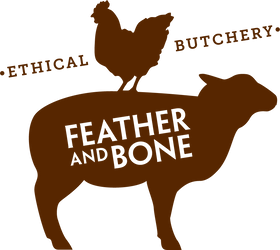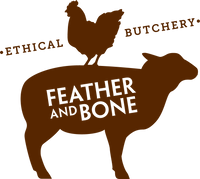Your cart is currently empty.
Feather and Bone acknowledge the Traditional Owners of country throughout Australia and recognise their continuing connection to land, water and community. Always was, always will be.
We accept
Feather and Bone acknowledge the Traditional Owners of country throughout Australia and recognise their continuing connection to land, water and community. Always was, always will be.



